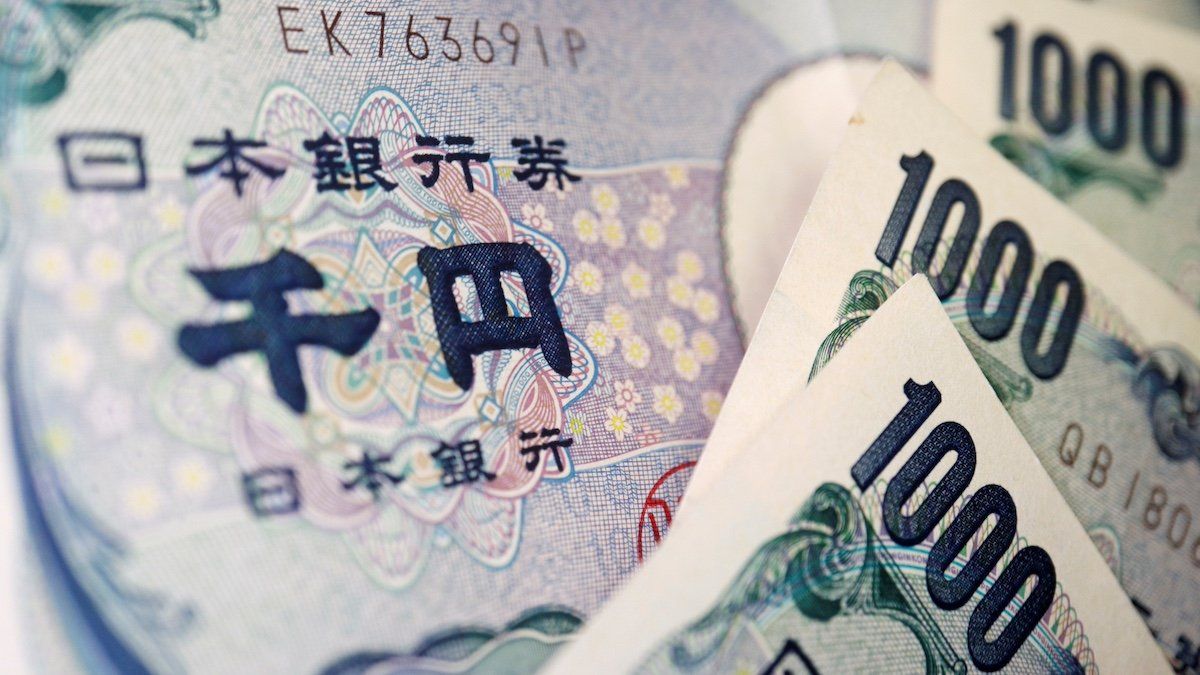Japan’s yen was trading at just a hair under 152 to the US dollar Wednesday, the weakest rate in 34 years, triggering speculation about a government intervention. But what the heck does that mean?
The background. Japan’s economy has had a weird problem for a long time: deflation. While most central banks worldwide have set high interest rates to combat inflation, Japan only last week ended its controversial negative interest rate policy.
The problem. Your economics textbook says the yen should have risen a bit. Higher interest rates make money more scarce — supply and demand gets to work — and voila.
Not quite.
Wary of spooking consumers, the Bank of Japan emphasized its commitment to keeping borrowing costs low. The US Federal Reserve, meanwhile, has been signaling it will keep interest rates high (and thus, dollars scarce relative to yen) for a while longer. Essentially, investors looking ahead dumped their yen and bought greenbacks.
The politics. A weak yen worsens Prime Minister Fumio Kishida’s already shaky position by making Japan’s imports — particularly energy — more costly. Tokyo may now have to sell dollars and buy yen to prop up its currency, but the optics are poor.
“It's not a great look for the Bank of Japan to take historic steps that should have strengthened the yen and then for the opposite to happen, causing the Ministry of Finance to jawbone the currency to prop it up,” says Eurasia Group analyst David Boling.